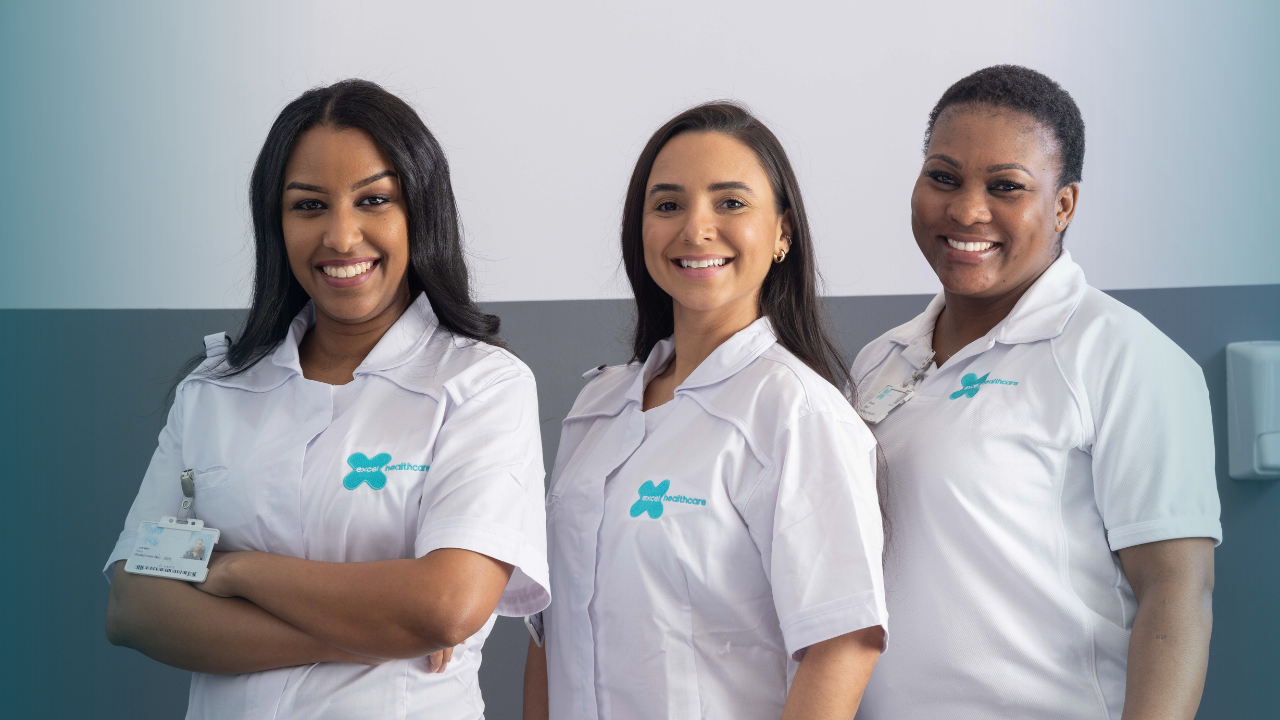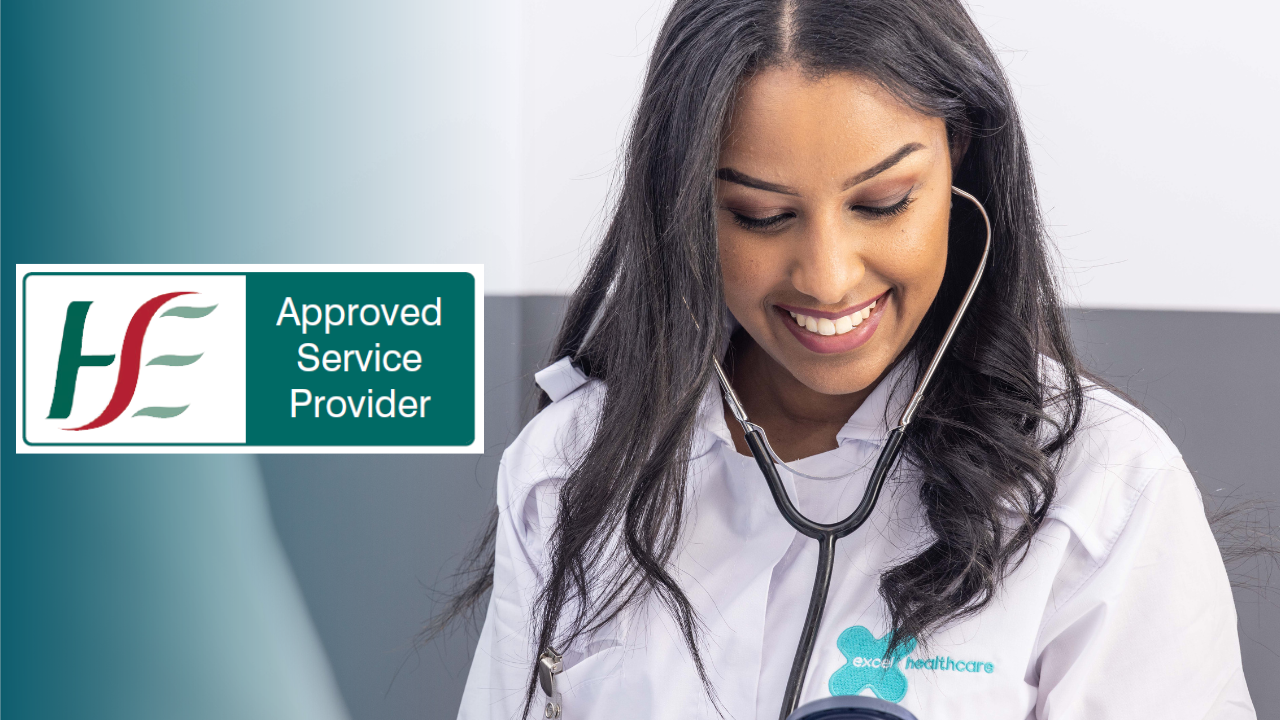
Want to work as a nurse in hospitals in Ireland?
Do you have previous hospital experience as a nurse outside of Ireland and are now in Ireland seeking similar opportunities?
Here is how to get a hospital nurse job in Ireland:
For many nurses, their first job in Ireland is often in a nursing home or residential care setting. Transitioning to hospitals and clinics can initially be challenging.
To work in these environments, you’ll need to either hold a Stamp 4 (or be in the process of obtaining one) or have an EU passport.
By working with Excel through agency nursing shifts, you can gain valuable experience across various settings, including acute hospital environments.
To best prepare yourself here is a list of some courses which will help you in this process:
- Venepuncture, Cannulation, and IV Management: Venepuncture and cannulation are essential skills in a hospital setting. These techniques are critical for establishing vascular access or collecting blood samples for various tests, as well as for administering IV fluids and medications. Mastery of these skills is a clinical priority for registered nurses. In Ireland, several providers offer courses on venepuncture and cannulation, making them highly beneficial for nurses aiming to work in hospital environments.
- INEWS (Irish National Early Warning System): All nurses are required to complete the ‘Introduction to the Irish National Early Warning System (INEWS)’ certification via HSELand. This course emphasises clinical judgment and supports decision-making by helping nurses anticipate and respond to patient deterioration. The INEWS framework guides staff in assessing patients based on vital signs such as: Respiratory rate, SpO₂ and oxygen requirements, Heart rate, Blood pressure, Temperature, and Patient alertness. It prepares healthcare professionals to anticipate, recognise, escalate, respond to, and evaluate signs of patient deterioration. Familiarity and confidence in using the INEWS document are crucial. This training takes approximately 1 hour to complete on hseland.ie.
- Medication Management: There may be a difference in the type of medications you are dispensing in a nursing home and a hospital. At times, care homes may also use blister packs however this practice is being withdrawn in many places.
Medications in a hospital come in various forms – tablets, liquids, IVS, inhalers, suppositories, creams and patches as well as different types of injections – SC or IM – registered nurses are required to be competent in administration of all types of medication. The different groups of acute medications may include PPIs, various analgesia, statins, oral anticoagulants, antibiotics, antiarrhythmics, antiemetics, diuretics, immunosuppressants, hypoglycaemics among many others.
It is vital to note, that some medications require separate monitoring: blood pressure or heart rate before administering certain cardiac medication, checking a patient’s blood sugar level before a meal, while others may require a pre-dose blood test for certain antibiotics or anti-rejection transplant medication.
It is also important to remember the Ten ‘Rights’ of Medicine Administration:
- Right patient
- Right reason
- Right drug
- Right route
- Right time
- Right dose
- Right form
- Right action
- Right documentation
- Right response
Excel is here to support you in completing these courses and can also help you secure an acute hospital job in your area. Transitioning from a nursing home to an acute setting can be challenging, so we recommend starting with a few agency shifts in hospital environments through Excel. This approach allows you to gradually adjust and become familiar with the differences in settings.
For more information about working as a hospital nurse or booking the courses mentioned above, please contact 01 871 7666. Dagmara, a qualified nurse at Excel, is available to guide you through your journey.


